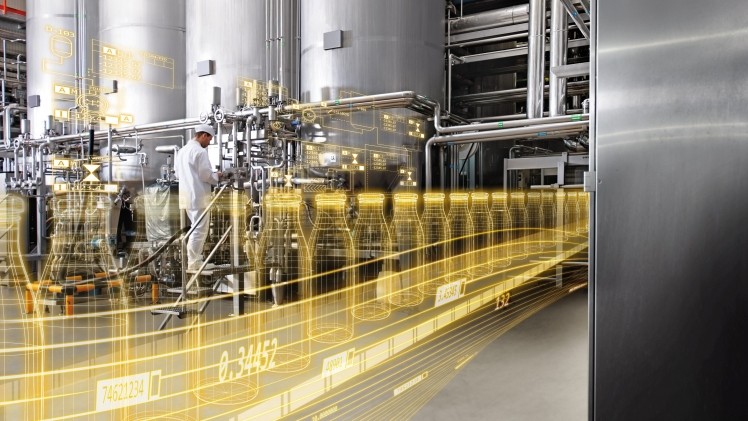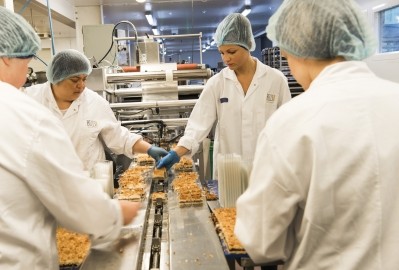Analysis of production variables explores issues and solutions

The company is quizzing firms about the ways unplanned variables in the production environment affect factors such as quality, yield and efficiency and asking what some of the barriers to addressing these are.
One example could be how external weather conditions, such as temperature, could influence the viscosity of liquid products such as chocolate, explained Keith Thornhill, Siemens head of food and beverage for UK & Ireland.
Hotter temperatures could make chocolate more free-flowing during the production process, whereas colder temperatures could mean it was processed more slowly and could become more claggy, said Thornhill. This could have implications not just for production, but also for hygiene and cleaning, maintenance and even food safety.
Viscosity and yield
"One of the things I was looking at was: is this an avenue for having more data available to do something proactive rather than reactive; was it just a temperature thing or were there other things having an impact on viscosity regarding the yield of the product and things like that. Does the mix have to change dependent on the variability?
"We started to get some real evidence where the hot summer of last year, when it was really hot, companies in the confectionery sector were closing shifts down because they just couldn't produce the product. The ambient [temperature] was just too hot to cope with the demands of production."
Such circumstances might be as likely to affect product quality and lead to waste as to have an impact on processing equipment, said Thornhill.
Bottlenecks
Another instance where unexpected variability could affect production could be where machines were forced to deal with product forms that were slightly larger than they were calibrated for, causing items to collide and creating bottlenecks.
"We're involved with companies that are looking at predictability of yield coming out of the fields and submitting that data to production ahead of it arriving, so there's a bit more understanding of what they are receiving," added Thornhill.
"We have spoken to companies in bakery that are interested in the relationship between yeast, ambience, water and humidity and how predictable that could be."
Other challenges could be posed by lack of availability of trained staff or supply chain variability. Barriers to developing solutions could include inability to prove return on investment or lack of training.
Digitalisation
Such incidents were common, said Thornhill, but there were few hard statistics to indicate the reasons causing these sorts of production issues. "That's what sparked the idea: is digitalisation something that could start to be a remedy for this?"
Interested parties should indicate their views in the survey, while remaining anonymous. Once results have been collated, Siemens aims to look at the solutions devised by respondents as well as ways in which elements of industry 4.0, such as artificial intelligence (AI), automation and data analysis could address problems.
Siemens offers a cloud-based Internet of Things system that links manufacturers' ordering and processing systems and equipment. "That could be an area to capture lots of different data points and start to do trending on that data," said Thornhill. "That's the starting point for AI. We know the food industry has got all these variables, so what better way to try to unravel those than by putting them into one area and start to decode what it's telling us. Then the solution will come from that. It allows you to get to the root cause."


















